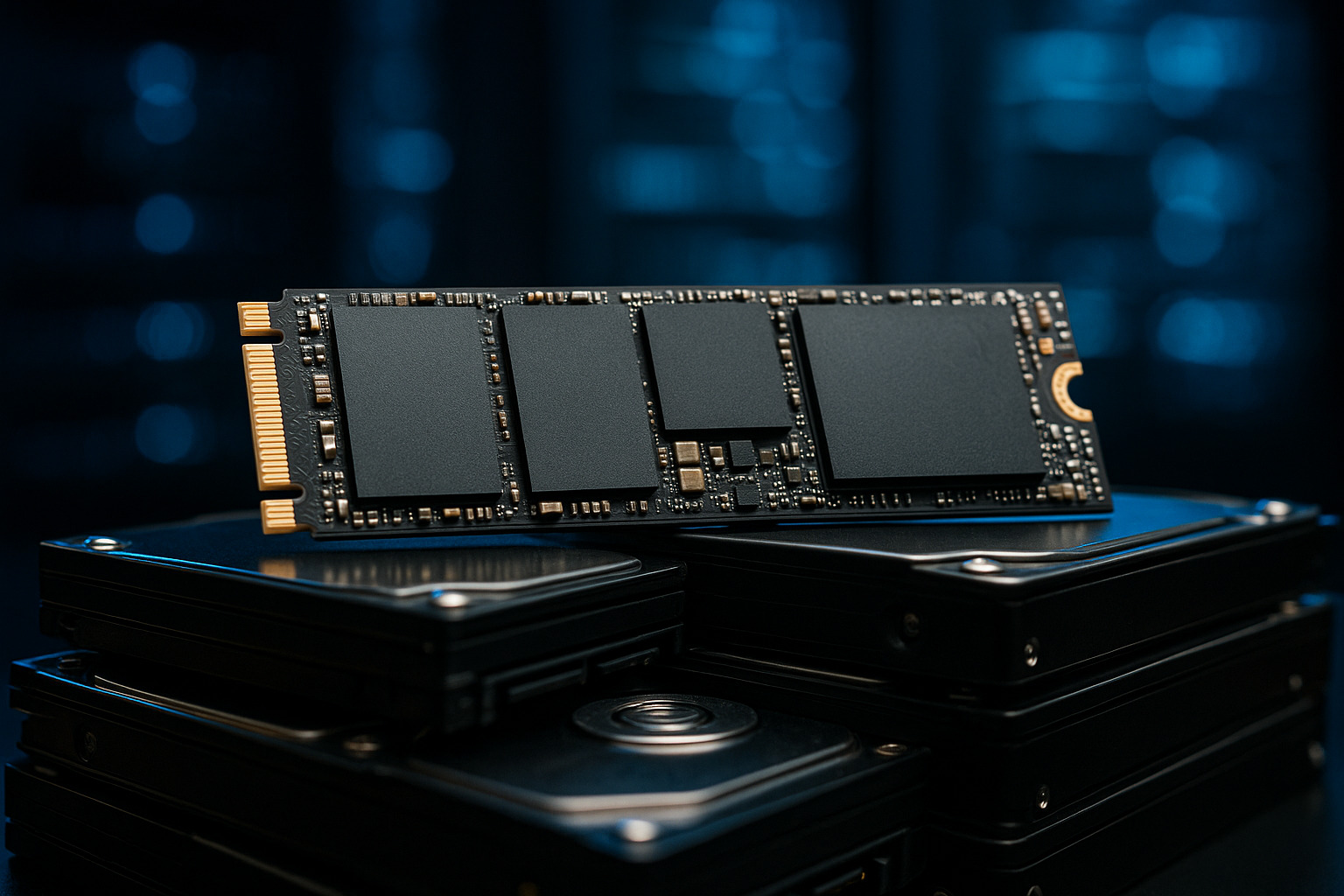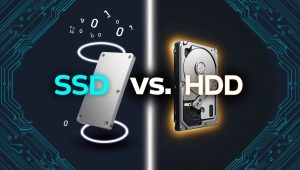The Impact of Quantum Computing on Data Storage
Quantum computing is a groundbreaking technology that promises to revolutionize various fields, including data storage. Unlike classical computers, which use bits as the basic unit of data, quantum computers leverage qubits to perform complex calculations at unprecedented speeds. This shift in computing power is set to transform how we store, manage, and secure data. This article explores the impact of quantum computing on data storage and its potential implications for the future.
Understanding Quantum Computing
What is Quantum Computing?
Quantum computing is a type of computation that utilizes the principles of quantum mechanics, such as superposition and entanglement, to process information. Unlike classical bits, which represent data as either 0 or 1, quantum bits or qubits can exist in multiple states simultaneously. This capability allows quantum computers to solve certain types of problems much faster than classical computers.
How Quantum Computing Works
Quantum computers operate using quantum gates to manipulate qubits. These gates perform operations on qubits, enabling complex calculations and data processing. The ability to handle multiple states at once allows quantum computers to perform parallel computations, vastly increasing processing power and efficiency.
The Current State of Data Storage
Traditional Data Storage Methods
Traditional data storage methods rely on classical computing principles and include:
- Hard Disk Drives (HDDs): Use spinning disks and read/write heads to store and retrieve data magnetically.
- Solid-State Drives (SSDs): Utilize flash memory to store data electronically, offering faster access times and improved performance.
- Cloud Storage: Provides online data storage and access via the internet, utilizing distributed servers and data centers.
Limitations of Traditional Storage
Traditional data storage methods face several limitations:
- Capacity Constraints: Physical and technological limitations restrict the amount of data that can be stored.
- Speed Limitations: The speed of data retrieval and processing is constrained by the limitations of classical computing.
- Security Risks: Data stored on conventional systems can be vulnerable to breaches and cyber-attacks.
Quantum Computing and Data Storage
Potential Benefits for Data Storage
Quantum computing has the potential to significantly impact data storage in several ways:
- Increased Storage Capacity: Quantum storage systems could potentially hold far more data in a smaller physical space due to the unique properties of qubits.
- Enhanced Data Processing Speed: Quantum computing can process data at speeds far surpassing classical systems, allowing for faster data retrieval and analysis.
- Advanced Data Compression: Quantum algorithms could enable more efficient data compression techniques, reducing storage requirements and improving performance.
Quantum Data Storage Technologies
Several quantum data storage technologies are being explored, including:
- Quantum Memory: Uses qubits to store data in quantum states, offering high-density and high-speed storage solutions.
- Quantum Entanglement: Exploits entangled qubits to enhance data transfer speeds and reliability across storage systems.
- Quantum Error Correction: Implements quantum error correction codes to protect data from errors and degradation, ensuring data integrity.
Challenges and Considerations
Technical Challenges
The development of quantum data storage faces several technical challenges:
- Qubit Stability: Maintaining the stability and coherence of qubits over time is a significant challenge for quantum memory systems.
- Scalability: Scaling quantum storage technologies to handle large volumes of data remains a complex and ongoing challenge.
- Integration with Classical Systems: Ensuring compatibility and integration between quantum storage systems and existing classical data infrastructure is crucial for practical implementation.
Security Implications
Quantum computing introduces both opportunities and risks for data security:
- Quantum Encryption: Quantum computing could enhance encryption methods, such as quantum key distribution, to provide more secure data transmission and storage.
- Quantum Threats: The same technology that enhances encryption could also pose threats, as quantum computers have the potential to break existing encryption algorithms used in classical systems.
The Future of Quantum Data Storage
Emerging Trends
The future of quantum data storage is poised to include several emerging trends:
- Increased Research and Development: Ongoing research will drive innovations in quantum storage technologies, leading to practical applications and solutions.
- Commercialization of Quantum Technologies: As quantum computing technology matures, commercialization efforts will likely bring quantum storage solutions to market.
- Integration with Advanced Technologies: Quantum data storage will increasingly integrate with other advanced technologies, such as artificial intelligence and big data analytics, to create more powerful and efficient data management systems.
Impact on Industries
The impact of quantum computing on data storage will be felt across various industries, including:
- Healthcare: Improved data storage and processing capabilities will enhance medical research, diagnostics, and patient care.
- Finance: Faster and more secure data storage solutions will benefit financial transactions, risk management, and fraud detection.
- Scientific Research: Quantum storage will support complex simulations and data analysis in fields such as physics, chemistry, and materials science.
Conclusion
Quantum computing represents a revolutionary shift in data storage and management, offering unprecedented potential for increased capacity, speed, and efficiency. While there are challenges to overcome, the continued advancement of quantum technologies promises to transform the way we store and secure data. As research and development progress, quantum data storage will become an integral part of the future tech landscape.












Post Comment